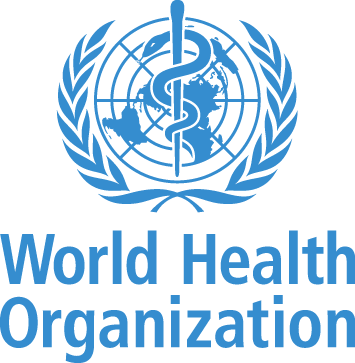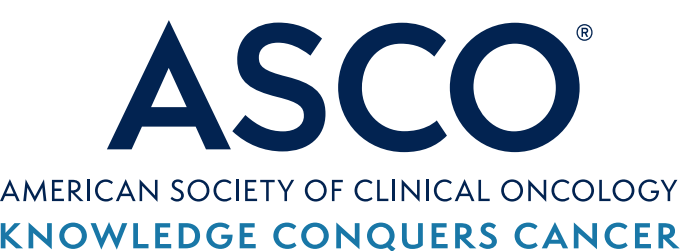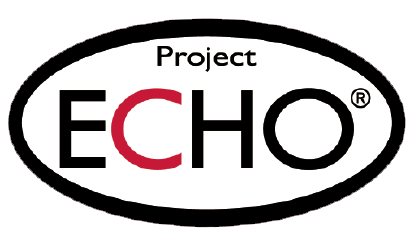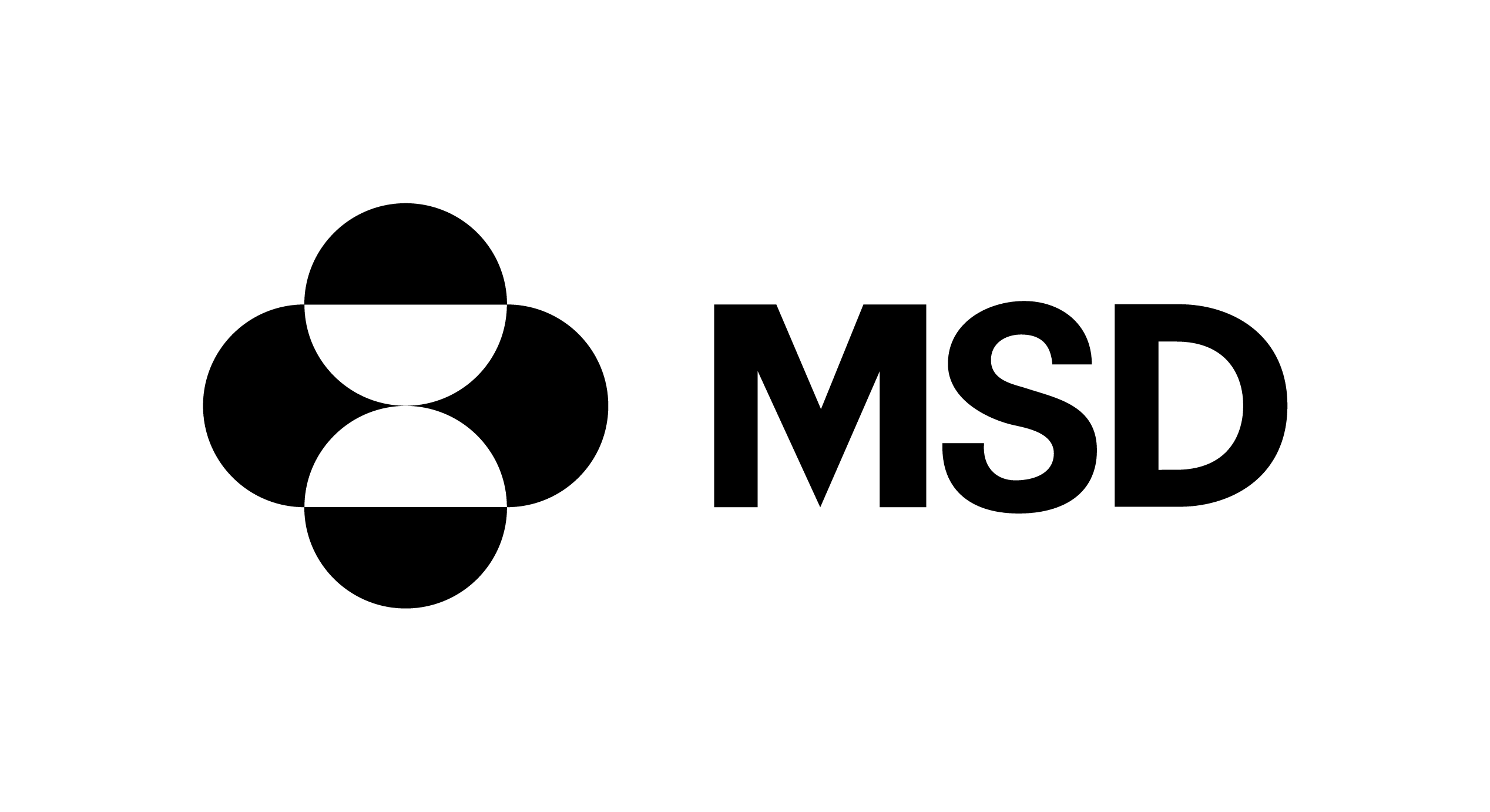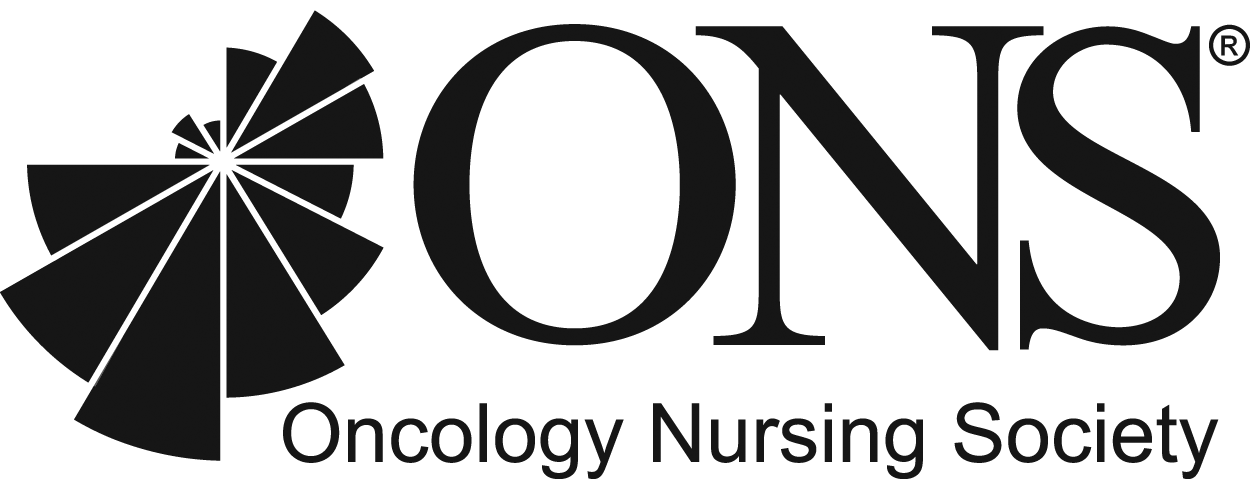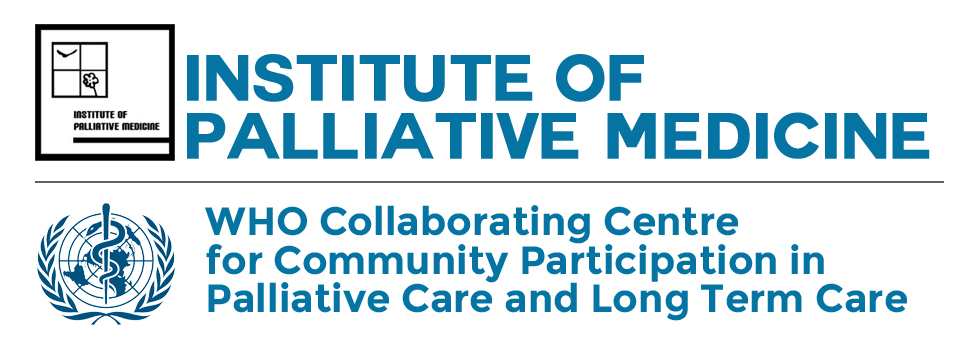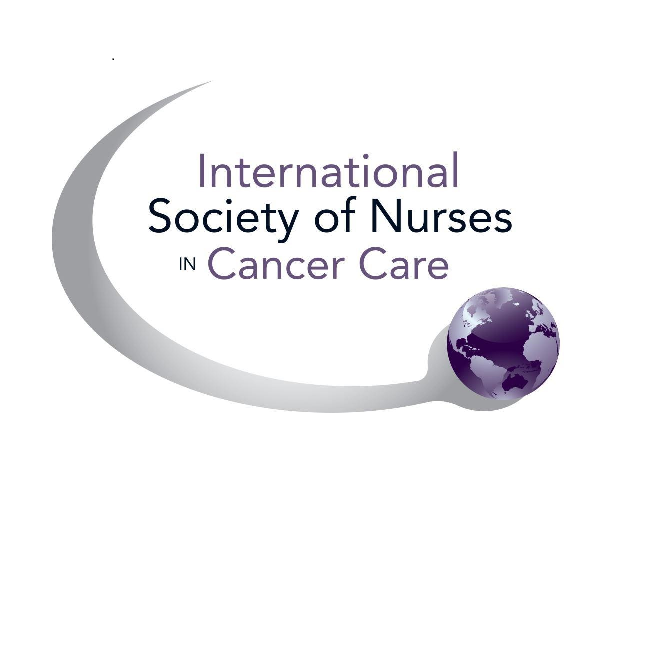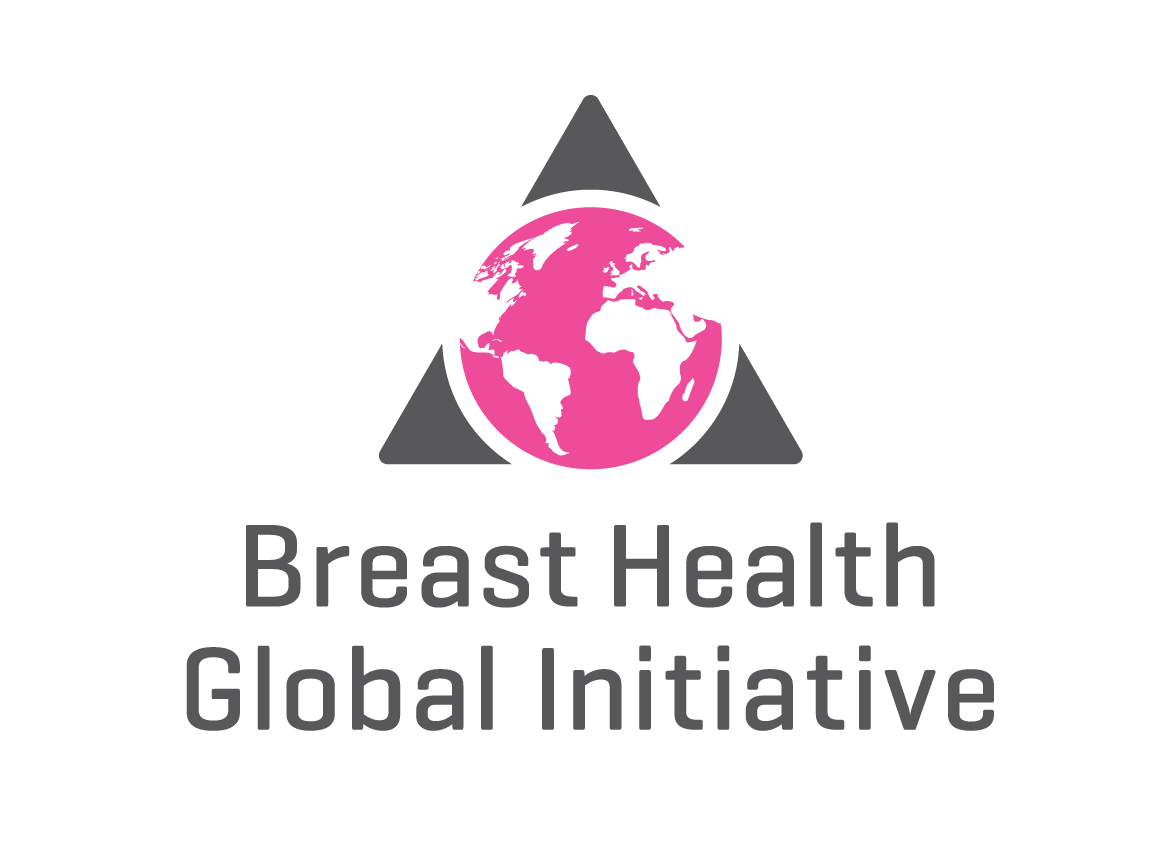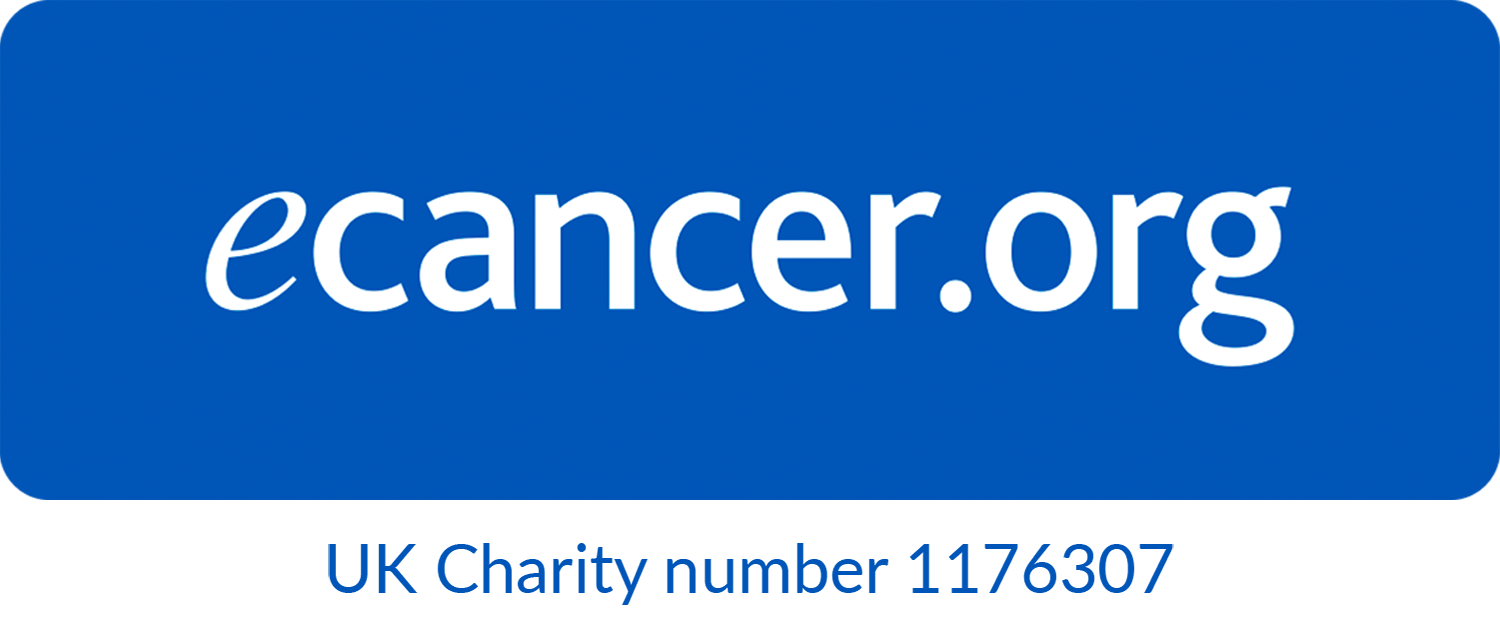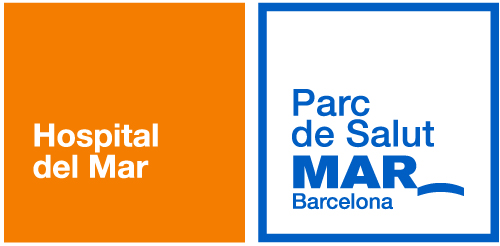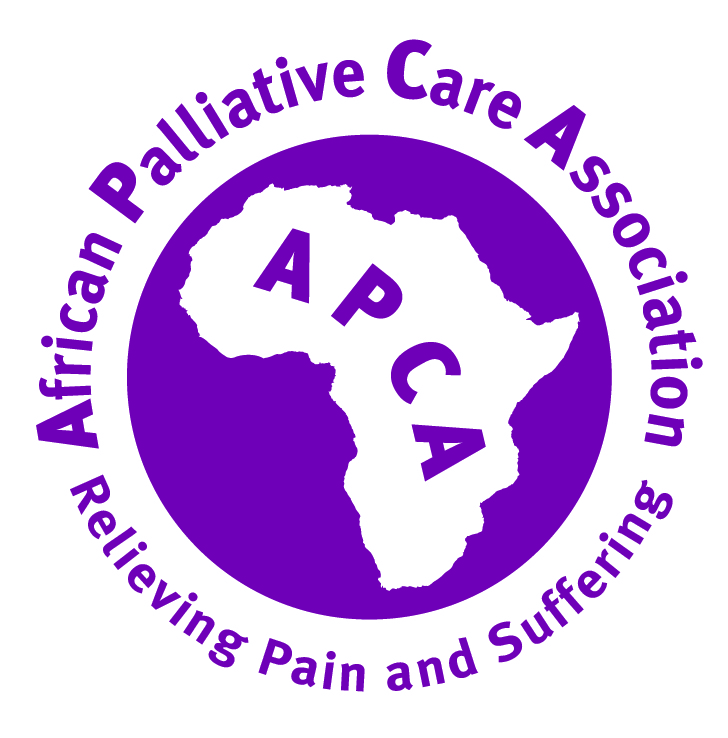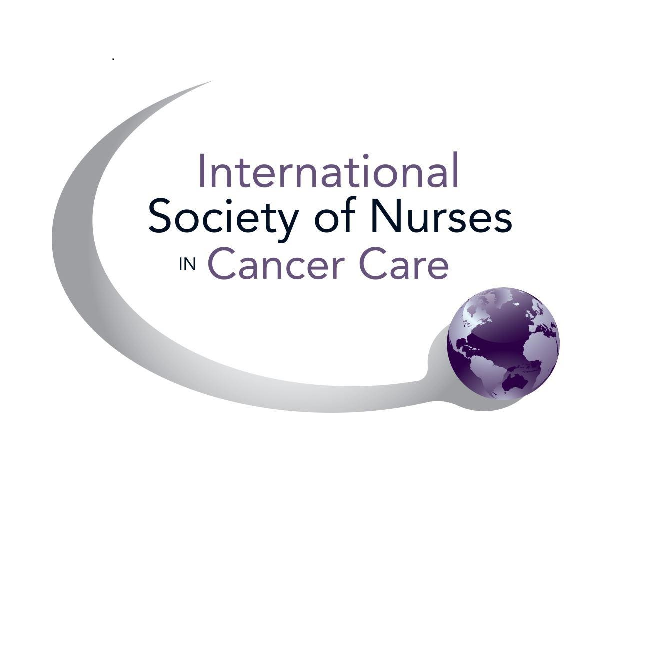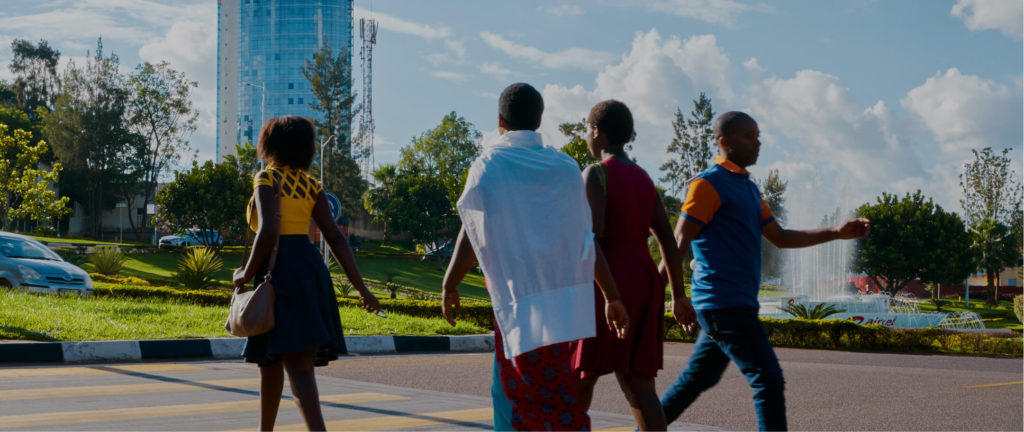
We can’t do this alone
Collaborate with C∕Can
If you’re interested to find out more, reach out and join us on our mission.
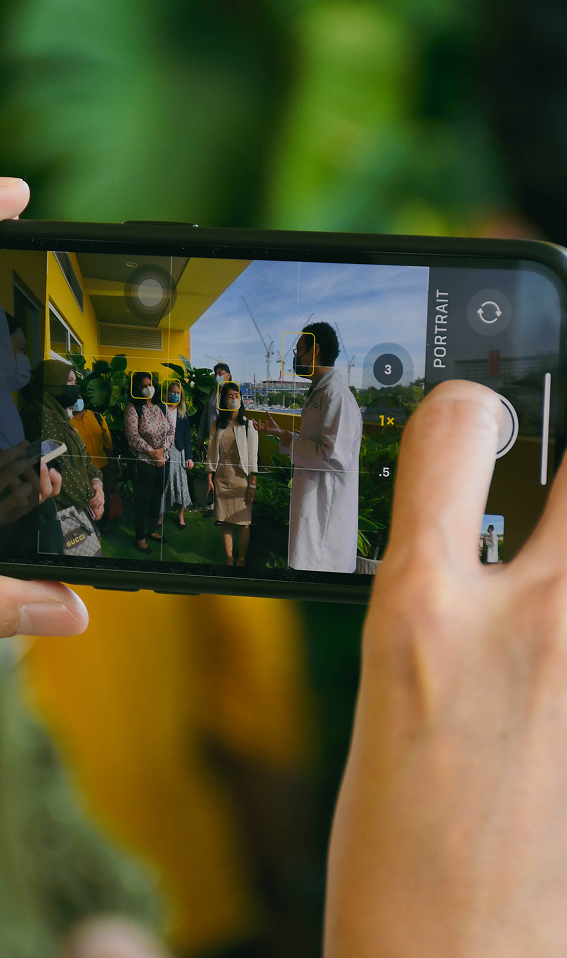
Ways to get involved
-
Civil society and patient support groups
Embedding civil society into our process is vital to ensuring that the right local stakeholders are engaged, that a strong linkage to the local community is maintained and that any solutions developed reflect the needs of people and their communities affected by cancer.
-
Government
Collaborate to build transformative cancer care solutions from the ground up that strengthen the health system and deliver sustainable impact.
-
Health institutions
Health institutions anchor the C/Can model in each local context with their data-driven, research-based insights. Through the C/Can process they can strengthen their capacity, reach, and visibility, allowing them to apply their know-how and expertise at scale.
-
International organisations
Contribute to strengthening health systems by sharing your expertise in the development of cross-sector projects, and amplify your global reach by connecting with city-based cancer care experts.
-
Private sector
Drive your company’s vision forward and make an enduring impact on health systems by working with us to mobilise cities and lead the creation of a transformative cancer care model.
Constructive Engagement Framework
This blueprint guides the multi-stakeholder partnerships that are essential to our DNA, binding our key stakeholders and external audiences to a forward-looking, inclusive approach with a common objective: to increase access to quality, equitable cancer care.
The framework defines the criteria for our partnerships, our core set of engagement requirements and the procedures for reporting improper activities, so our stakeholders can align their interests to deliver maximum, balanced and legitimate benefits for all.


